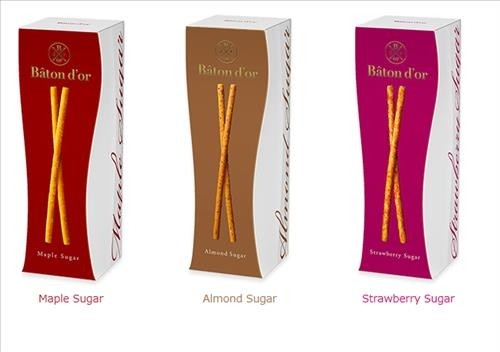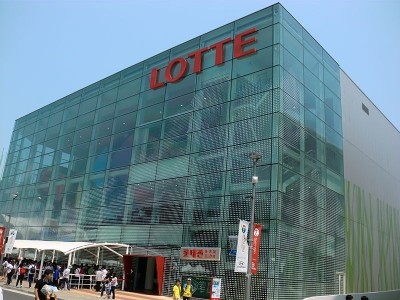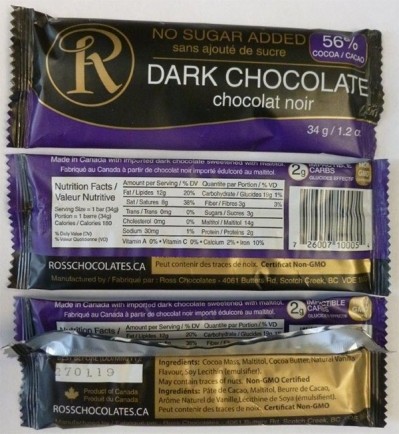Lotte Confectionery found guilty of copying Japanese packaging design

Japan-based Ezaki Glico, lodged the suit against the South Korean confectionery firm to ban sales of its Pepero Premier in November 2014, reported Yonhap News Agency (YNA).
Baton d'or box design
It accused Lotte of violating its design rights, calling the Pepero Premier's packaging a copy of the box design of its Baton d'or, and asked for all existing products to be recalled and discarded.
"Lotte's and Glico's products are snacks of a similar shape and form, and since the two firms are rivals in the same industry, it can be said that Lotte's manufacturing and sales of the Pepero Premier may have an adverse effect on Glico's business," YNA stated from the court hearing.
Both are chocolate-covered biscuit sticks, packaged in a tall, curvy box. It has wavy edges separating the white-colored side of the box from an area of a contrasting color.
Lotte is considering filing an appeal against the court decision but confirmed the verdict would not impact company's sales.
Limited edition design sold ahead of Valentine's Day
In its defence, it said in a statement the product in question was a limited edition that was sold ahead of Valentine's Day last year and is currently not being produced.
Roythornes essential legal tools for food firms;
- Patents - are used to protect an invention if they are new, involve a new inventive step and are capable of being made or used in industry so long as the item is not an adaptation or already in the public domain.
- Copyright - automatically applies in the first instant to work that is original and involved “independent creative effort.”
- Trademark - Registering a trademark is a highly relevant form of protection for anyone who spends large amounts of money developing brands, and a trademark can consist of words, logos or a combination of both.
- Design - The appearance of a product can be protected by a registered or unregistered design right.
Peter Bennett, head of food and drink team, Roythornes Solicitors, told FoodProductionDaily, protecting food and drink products is a vital element of competition in UK supermarkets and there are numerous threats facing food businesses that have managed to get their products on-shelf.
“Imitation of packaging is widespread, a 2013 study from consumer watchdog ‘Which?’ suggested new own-brand products are relying on the success of well-known brands by copying their packaging,” he said.
“Which? identified more than 150 own-label products it thought was borrowing elements of their packaging from branded competitors, including items in Aldi, Asda, Boots, Lidl, Morrisons, Sainsbury’s, Superdrug and Tesco.
'Real risk to food producers'
“This poses a real risk to food producers. The damage that can be done is one of mistaken identity, it may affect sales as people confuse packaging and there is potential an inferior product may taint the perception of its branded equivalent.
“There is however a much bigger threat facing producers of innovative new brands – delisting. There are several instances of retailers mimicking a successful idea, producing an own-brand equivalent and delisting the original to boost the sales of items which have higher mark-ups.”
Bennett added the most notable example of this is Tesco’s delisting of ‘Saucy fish Co.’ products in the same week it launched own-brand ‘Fish in a Flash’, both products feature a range of ready-to-cook fish fillets vacuum packed with a sauce or dressing.
“This practice will reduce competition and choice for consumers, and the long-term risk is price increases from producers that have no opposition,” he said.
FoodProductionDaily has contacted Lotte Confectionery and is awaiting comment.






